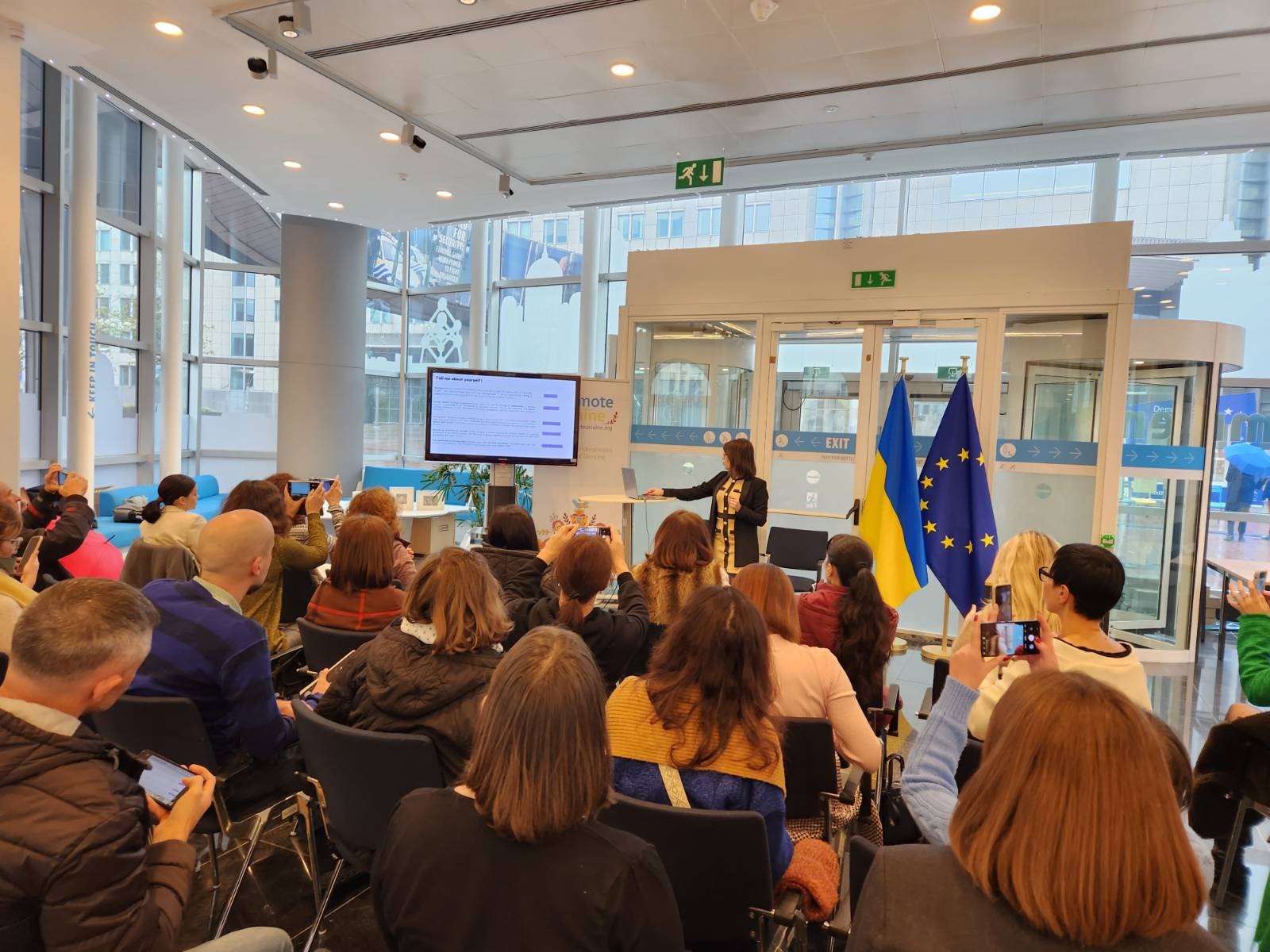The Next Tasks for Ukraine and Monitoring their Completion
The decision to introduce a visa-free regime with the European Union (EU) was, in particular, a recognition of the successful implementation of the reforms in Ukraine. Significant changes have taken place in such government policies as “document security”, “migration and border control”, “public order and security” and “fundamental human rights”. Formally, Ukraine has completed more than 140 tasks in these sectors. In practice, society has been given the opportunity to use modern biometric passports, and citizens’ personal data has become more secure. Collaboration with Europol, initiated under visa liberalization, has also facilitated the control lost and stolen documents. Now there are fewer opportunities for identity fraud.
Joint border control has been introduced, to speed up border crossings, and strengthen security through data exchange. Digital and online services have been introduced in the sector of migration to ease registration. New anti-corruption bodies have been established. In addition, Ukraine has fulfilled requirements in the field of anti-corruption, including the obligation on high-ranking officials to declare their wealth. Law-enforcement cooperation between Ukraine and the EU has become closer through operational protocols with Europol and Eurojust. And new strategic documents have been issued on the protection against discrimination against women and children. The authorities now have more commitments for representatives of IDPs and the LGBT community. The fight against organized crime and human trafficking has intensified through cooperation with international partners.
Thus, in 2017 the visa liberalization process has been recognized as successful, but the potential of this tool has been almost exhausted. Therefore, all those interested in further policy modernization have begun discussions on the next steps, following the completion of the Visa Liberalization Action Plan (hereinafter referred to as the VLAP). In particular, discussions have been held on future tasks, which could logically continue the changes initiated, and capture the results obtained. For this purpose, a post-liberalization monitoring regime was established, to monitor how Ukraine fulfills the criteria of the VLAP.
At the same time, EU member states are facing new challenges in the sectors of justice, freedom, and security. Increasing numbers of migrants and asylum seekers, and the emergence of new internal security threats, demand greater cooperation in these areas. Responding to common challenges, the EU approves the Global Strategy with a key message that, EU security is increasingly dependent on the stability of other neighboring countries due to intertwined internal and external security. A practical manifestation of the Declarations of Cooperation was the EU’s decision to facilitate Ukraine’s involvement in the EU Action Plan in the field of actions against organized crime. In particular, this refers to the strengthening of cooperation with such international organizations as Europol, Frontex, the European Police College (CEPOL) and Eurojust.
New needs and challenges have contributed to the emergence of a new document covering all the criteria of the Visa Liberalization Action Plan to continue changes. The document has been named the “New Ukraine-EU Procedure for Justice, Freedom, and Security” (hereinafter referred to as the New JSB Procedure). The institutional framework for the implementation of the New JSB Procedure is the meeting of the Association Council and the subcommittee “Justice, Freedom and Security” established within its framework.
The New JSB Procedure Action Plan has expanded the range of tasks corresponding to common challenges and distributed across policy sectors. Security and freedom sectors cover migration and borders control, including asylum and the fight against illegal migration, document security, and promoting contacts between people. The plan also includes actions on combating terrorism, organized crime, and human trafficking. Equally important is the reform of the judiciary to ensure its transparency and independence, and effective legal cooperation between Ukraine and the EU in civil and criminal matters.
The updated Procedure goes beyond the traditional sectors and includes the issues of simplification of border and customs control. In particular, this includes the introduction of a “single window” at the border, to expedite procedures. The plans of the New Procedure also include the construction of new checkpoints, aimed at reducing queues at the border.
The New Procedure reflects new trends and initiatives in the field of cybersecurity. In this respect, Ukraine already has signed the Budapest Convention on Cybercrime and has adopted a Cybersecurity Strategy, developed on the basis of EU and NATO standards.
The fulfillment of the tasks of the New Agenda for the JSB has an impact not only on the stability of the visa-free regime with the EU but also on security and respect for human rights. The New Procedure is a sectoral document containing practical benefits for both Ukraine and the EU.
Iryna Sushko, Executive Director of the NGO “Europe without Barriers”, Kyiv






 UA
UA FR
FR DE
DE




